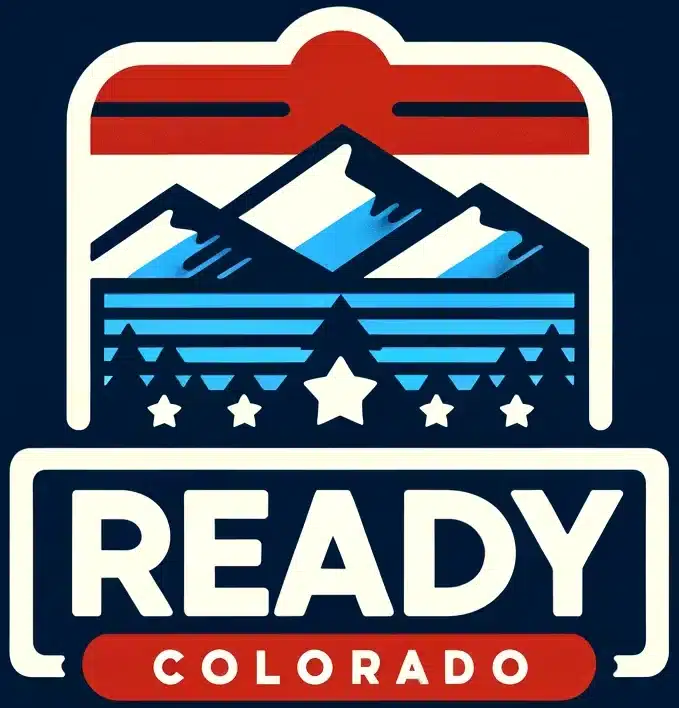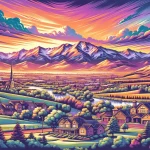With majestic peaks, pristine wilderness, and an energetic cultural scene, Aspen offers endless adventures for guests. However, the natural beauty and activities come with inherent risks that visitors must properly prepare for. This article provides a comprehensive guide to safety in Aspen, including key regulations, services, equipment, training, and precautions for travel, winter sports, mountain activities, and family vacations. Follow these recommendations to ensure Aspen remains the idyllic mountain getaway you envision.
In This Article
TL;DR
- Acclimatize to the altitude, prepare proper equipment, check conditions and forecast, share trip plans, and stay within ability level.
- Use qualified guides, take avalanche safety courses, and carry safety gear for backcountry winter/mountain activities.
- Follow ski area rules, wear helmets, stay in bounds and avoid trees/terrain parks until properly trained.
Overview of Aspen Safety Regulations and Standards
Aspen enforces stringent safety regulations and guidelines through the collaboration of various agencies, including the Pitkin County Sheriff’s Office, the United States Forest Service, Colorado Parks and Wildlife, and individual ski resorts. These cover permits, licenses, restrictions in wilderness areas, avalanche control procedures, ski area rules, and more. Visitors should research and understand relevant regulations before activities. Check signs at trailheads and talk to rangers.
Winter Travel Safety in Aspen
Navigating winter driving in Aspen requires specialized vehicles equipped with 4-wheel drive, snow tires, emergency kits, and possibly chains, reflecting the area’s emphasis on safety and preparedness. Familiarizing oneself with traction and chain laws for I-70 mountain passes like Independence Pass is crucial for safe travel, aligning with Aspen’s drive towards accelerated innovation in safety practices. Extra travel time should be allocated, and visitors are advised to check COtrip.org for current road conditions.
Additionally, the threat of avalanches necessitates checking the Colorado Avalanche Information Center forecast before travel, showcasing Aspen’s commitment to risk management and emergency preparedness. For those seeking alternative transportation, commercial shuttles from Denver offer a worry-free transport option.
Aspen Ski Safety
Aspen, renowned for its safety and athletic prowess, boasts four esteemed ski resorts within Pitkin County, offering diverse terrain catering to all skill levels. Unfortunately, injuries and accidents are not uncommon. Adhering to ski area rules, using Aspen Police Department-endorsed safety equipment, and respecting signage are paramount. It is crucial to stay within bounds, avoid closed areas, and embrace the call for using helmets.
Employing proper equipment and taking lessons from Aspen Skiing Company-certified instructors before tackling advanced terrain like moguls, trees, or terrain parks is advised. For backcountry enthusiasts, carrying whistles and transceivers is essential. Know your limits, maintain control, and be aware of other guests.
Aspen Mountain Safety
The breathtaking yet rugged Elk Mountains that surround Aspen introduce objective hazards such as high altitude, severe weather, avalanches, falling rock/ice, lightning, wildlife encounters, and more. Preparation through adequate fitness, acclimatization, equipment, and navigation skills, alongside first aid training, embodies the Aspen Safety ethos.
Exercising good judgment, opting for certified guides for activities like mountaineering, ice climbing, backcountry skiing, and navigating avalanche terrain are imperative. Take avalanche safety courses and always carry rescue gear like beacons, probes and shovels in the backcountry along with first aid kits.
Aspen Family Vacation Safety
Families exploring Aspen will discover many activities, though special precautions for children are necessary. Employing child safety harnesses, leashes, and helmets designed for the young ones aligns with the Aspen community voice’s focus on child safety. Supervising children near water, wildlife, or attractions like the Aspen Center for Environmental Studies demands attention.
Opting for family-friendly trails and activities that suit children’s abilities, coupled with ample layers, snacks/water, sun protection, and first aid supplies from Aspen healthcare facilities, ensures a well-prepared outing. Lastly, teach children how to identify mountain hazards, ask for help if lost, and safely enjoy the splendor of Aspen.
Recent Aspen Safety Improvements and Initiatives
Aspen’s priority on visitor safety is evident through implementing new initiatives and the annual introduction of improvements to enhance the guest experience. Recent improvements include expanded cell coverage for emergency calls, upgraded ski patrol facilities, increased avalanche mitigation, and new high-tech radar to detect trapped victims. Additionally, the town’s commitment to education is showcased through the expansion of free mountain safety courses, now offering over 50 classes annually.
These programs, detailed on the Aspen Chamber Website, educate visitors on a range of topics from lightning dangers, injury prevention, and wildlife safety to vehicle recovery and ice climbing standards, demonstrating Aspen’s holistic approach to safety, performance engineering, and the promotion of an informed Aspen community voice.
Aspen Safety Gear Checklists and Recommendations
Proper equipment can save your life in the mountains. Use the Section Below as a starting point when packing for Aspen activities:
General Safety Gear
- First aid kit, medications
- Headlamp, flashlight
- Fire starter
- Multi-tool knife
- Extra layers, gloves, hat
- Rain/wind shell
- Map, compass, GPS device
- Bear spray
- Whistle/signal mirror
Winter Activity Gear
- Avalanche transceiver
- Avalanche probe/shovel
- Climbing skins
- Snowshoes
- Heavy traction devices
- Balaclava, thick gloves
- Thermos with hot drink
Summer Activity Gear
- Sunscreen, hat, sunglasses
- Bug spray
- Lightning rod
- Crampons, ice axe
- Rappelling/climbing harness
- Hydration pack
Aspen Safety Reviews from Visitors
*“We took avalanche and altitude sickness courses that saved our life when a friend showed symptoms on a backcountry ski trip. We carried an emergency locator which summoned a helicopter rescue instantly despite no cell signal. I’ll never explore Aspen’s mountains again without thorough training and proper gear.” – Steve T.*
*“As Floridians, we underestimated the thin air, slippery ice and sheer cliff faces surrounding Aspen. Halfway up a trail with my preschooler, we realized it was too advanced and had to turn back. Now we stick to family friendly, low elevation trails that match our kids’ abilities.” – Linda T.*
FAQ on Aspen Safety
What are the main hazards in Aspen I should be aware of?
The Elk Mountains around Aspen present numerous hazards, including high altitude, severe storms, avalanches, dangerous wildlife like bears and mountain lions, steep terrain, falling rock/ice, lightning, extreme cold, blizzards, dehydration, and more.
Where can I check the weather and snow conditions in Aspen?
Visit NOAA and OpenSnow for reliable Aspen weather forecasts. Check the CAIC avalanche forecast as well. For road conditions, visit COtrip.org.
What basic precautions should I take when visiting Aspen?
Acclimatize to the altitude slowly, stay adequately hydrated, wear sun protection, bring extra layers of warm clothing, avoid traveling alone, and share your trip plans with a contact. Carry emergency/safety items outlined above based on season/activity. Most importantly, trust your instincts and avoid risky situations beyond your skill level.






